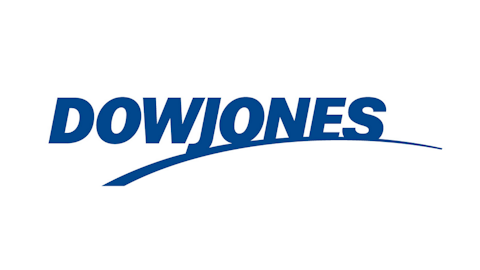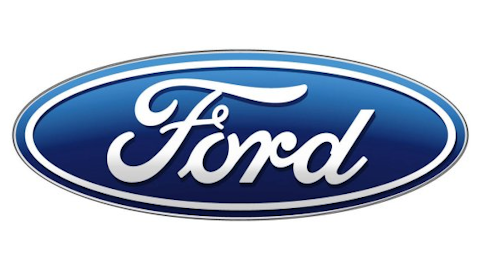It’s no secret that General Motors Company (NYSE:GM), like rival Ford Motor Company (NYSE:F) , is very much dependent on the U.S. market for its profits at the moment.
That was emphasized when GM reported its fourth-quarter earnings on Thursday morning. GM earned $1.19 billion before taxes in the fourth quarter, a result powered by a $1.4 billion pre-tax profit in North America.
But solid results in many of GM’s overseas operations were more than offset by a whopping $700 million loss in Europe, a region that continues to represent the General’s biggest ongoing challenge.

“We have not gotten any more bullish [on Europe], let’s put it that way.”
–– GM CFO Dan Ammann, talking about GM’s near-term outlook for Europe on Thursday
While the loss in Europe was larger than some analysts expected, its size should have come as no surprise after the $732 million loss Ford reported for the quarter a couple of weeks ago. For the full year, GM lost $1.8 billion in Europe, compared with a loss of $747 million in 2011.
The problem is pretty simple: Not enough Europeans are buying new cars. Industry-wide auto sales in Europe hit a 19-year-low in 2012, as deep recessions kept strapped consumers away from new-car dealerships. And things may be worsening: GM’s sales in Europe dropped 27 percent in December, as the overall market’s decline appeared to accelerate.
GM’s decline in December, like Ford’s, was worse than the overall market’s 16 percent drop – a reflection, at least in part, of the determination of the two automakers to hold the line on discounting, to some extent. While some European automakers, including Fiat and Volkswagen , have resorted to deep discounting in some areas to try to maintain or gain market share, Ford and GM have largely steered clear.
The idea is to preserve margins and residual values, and it’s almost certainly the wise course in the long run – but in the near-term, steep sales drops and slipping market share are the inevitable results.
So, what is GM doing to address those problems now? Plenty, executives say.
GM says incremental moves reflect substantial overall progress
CEO Dan Akerson reiterated on Thursday that GM still expects its European operation to break even on a pre-tax basis by “mid-decade.” Mindful of comparisons to Ford’s European turnaround effort — Ford has announced three factory closings in Europe, to GM’s one — Akerson and Ammann were at some pains to explain that GM has already taken significant actions to reduce costs in Europe, as well as other actions that should increase revenues in time.
Akerson noted that 2,500 jobs were eliminated at long-troubled German subsidiary Opel last year. In addition, GM sold a transmission factory and put another facility – Opel’s assembly plant in Bochum, Germany – on course to close by the end of 2015, perhaps earlier. And Opel’s management team has been completely overhauled in the last year-and-a-half, with ex-Volkswagen China chief Karl-Thomas Neumann set to take over as CEO on March 1.
Meanwhile, GM is expanding its range of offerings in Europe, hoping to capture incremental market-share gains by entering new segments. Already, there are signs of success: Ammann says that GM already has 80,000 orders for the new Opel Mokka SUV, a cousin to the Buick Encore sold here, and 20,000 more for the Opel Adam city car, which is just now coming to market.





